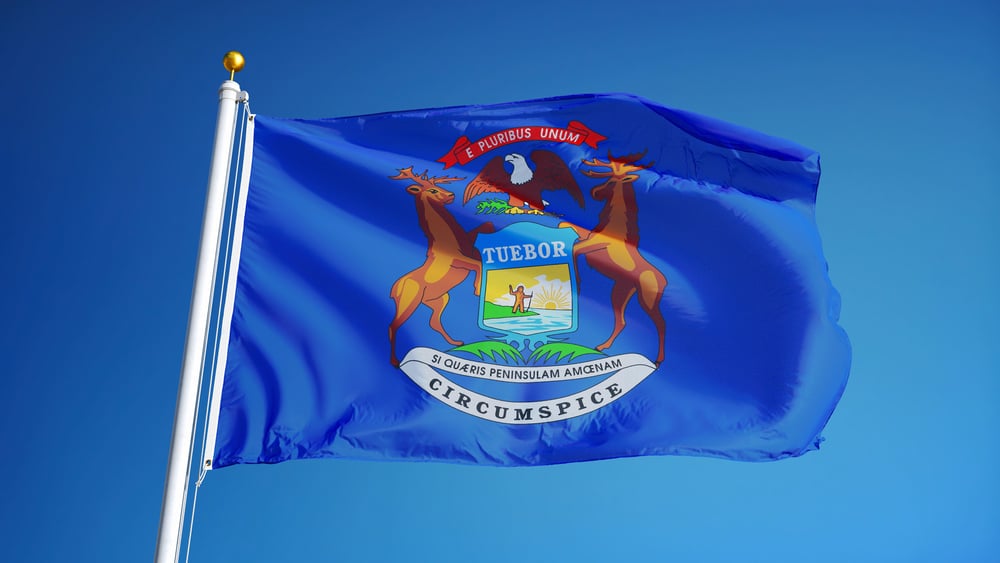Introduction of new legislative measures
Michigan lawmakers have introduced three new legislative measures which could pave the way for legal sports betting in the state. The measures quickly advanced through Michigan’s House Committee on Regulatory Reform, and will now go to the Ways and Means Committee for further scrutiny.
three new legislative measures which could pave the way for legal sports betting in the state
The first of the measures issued was House Bill 4916. This main bill proposes the legalization of both retail and online sports betting. In the Regulatory Reform committee, there were 11 in favor and two in opposition. Two people abstained from voting on the bill.
Content of Bill 4916
House Bill 4916 would see the three commercial casinos in Michigan offer retail sports betting. The numerous tribal casino facilities in Michigan would also be able to open sportsbooks. Currently, there are a dozen tribes in Michigan that operate 26 tribal casinos.
There would be an 8% tax rate on adjusted gross sports betting receipts for the commercial casinos if the bill remains as is.
The Michigan Division of Sports Betting would finalize regulatory rules within a year from the implementation of the bill. Sports-governing bodies could request for betting on certain events to be prohibited.
Other bills under consideration
The two other bills under consideration are by-products of House Bill 4916. These consider more technical aspects of legal sports betting, such as the types of punishments to be imposed on those who violate gambling laws.
The Regulatory Reform committee also gave significant support to these two more minor bills.
Significant opposition
Sports betting has been heavily opposed in the past in Michigan, particularly when online gambling was part of the proposal.
Former Michigan governor Rick Snyder vetoed a bill at the very last hurdle in 2018, just before he left office. This happened in spite of the legislation having received a massive amount of positive feedback from lawmakers.
The current governor, Democrat Gretchen Whitmer, is on record as not being fond of any form of gambling online. She believes online gambling will significantly hurt the state lottery revenues, which is the main funder of the state’s School Aid Fund.
In relation to House Bill 4916, Whitmer says she would consider approval if there was a higher tax in place than what is currently being proposed. She has indicated a rate of around 15% and an initial licensing fee of $1m.
Representative Brandt Iden, the main sponsor for House Bill 4916, is of a different opinion. He has insisted that
[T]he administration needs to understand that, for it to be successful, it has got to be low.”
Some positives
Iden is also the chair of the Ways and Means Committee. He believes legal sports betting will provide some extra revenue for the state and it would protect those currently engaging in illegal sports betting.
Once the bills get approval from the said committee, they will be free to proceed to the House floor. There would then be a vote in the chamber to determine whether the bills can move forward as they are, or if they require further changes.
